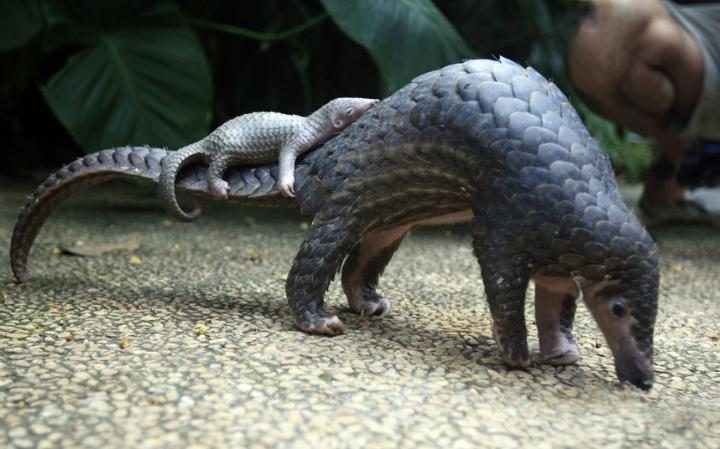The Nigeria Customs Service (NCS) has, in recent years, become more visible in the course of environmental protection through its demeanor against trans-boundary wildlife crimes. The preparedness, coordination and firmness always displayed by the agency are commendable hallmarks of a purpose-led leadership heralding the emergence of a system with zero tolerance to wildlife crimes.

However, the rising cases of contraband wildlife items of African origin seized globally at various times should draw concerns and lead to critical reviews of the consequences on species, security and the society.
The several seizures made only point to one fact; and that is the failure of habitat-level interventions to protect the species in-situ. The growing chain of seizures is always the inverse of wildlife populations across landscapes in Africa.
The refusal of the “ancestral spirit” fueling the illicit trade to disentangle sequel to the barrage of seizures made over time, calls for a re-evaluation of strategies and options to prevent an imminent extinction crisis. The inclusion of pangolin claws to the assortment speaks volume to the expansion theory.
How many more seizures are further required to strike significant diminishing returns on the scales of illegally sourced wildlife, just before pangolins are pushed into the abyss of extinction in Africa?
A breakdown of the recent seizure of about 8.1 tons of wildlife specimens shows that about 14,300 pangolins paid the ultimate price for the Asian traditional pharmacopeia and African household protein needs. In addition, an estimated 65 individuals of the African elephants were injured and or ruined.
A review of strategies for the continent of Africa is therefore required to snuff out the morale for wildlife vandalism at the grassroots where beleaguering poverty is itself the ancestral spirit at the root of the expanding trade. The interconnectedness between bushmeat trade and wildlife trade is of a remote origin, where the complexities of the socio-economic conditions are continuously explored by wildlife merchants.
With the rising numbers of African countries now relying on the economic fortunes of the Asian communities for economic nourishment, the direction for pangolin conservation at the grassroots requires no clairvoyance to be foretold.
The NCS is, within its scope of operational mandate, fulfilling the obligations of thwarting the trans-boundary criminal efforts of wildlife traffickers. What remains is for all stakeholders to return to the drawing board and device strategies for improving partnership, rural participation and the emergence of trained pangolin protectors at the grassroots.
One of the principal discourses should critique and ponder on the chances of an orderly conversion of the seized wildlife items into a legal tender (or an instrument of diplomacy) to finance conservation at the grassroots. A contemplation of incinerating the items will be an unfruitful and wasteful decision at the current levels of economic indices in Africa. Externally secured funding still fall far short of what is required on the African continent for effective wildlife conservation.
On this note, I appeal to the legislative arm of the Federal Government in Nigeria (FGN) under the current administration of President Muhammadu Buhari, the appropriate committees and other stakeholders to take up a discourse on the ramifications of the issues raised and ponder with foresights on other available alternatives.
The seized items, regardless of their legal status, are the collective wealth of some African nations looted by a highly organised network of wildlife profiteers. With Nigeria providing leadership, African countries should not trivialise the possibilities of building a productive conversation on the likelihood of recoveries and or a translation of stashed wildlife body parts into diplomatic opportunities.
In summary, the compass of conservation needs to be re-redrawn with reference to the CITES instrument to surpass outmoded approaches for tackling peculiar conservation challenges on the African continent.
Finally on this note, the NCS leadership and team deserve special recognition and an award conferment as Africa’s Wildlife Avengers. To whom more is given, more is also expected.
By Stephen Aina, the Nigerian Conservation Foundation (NCF), Lagos
